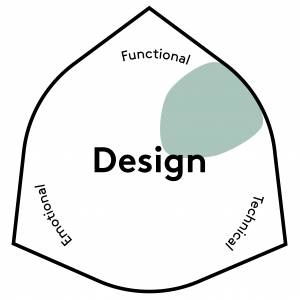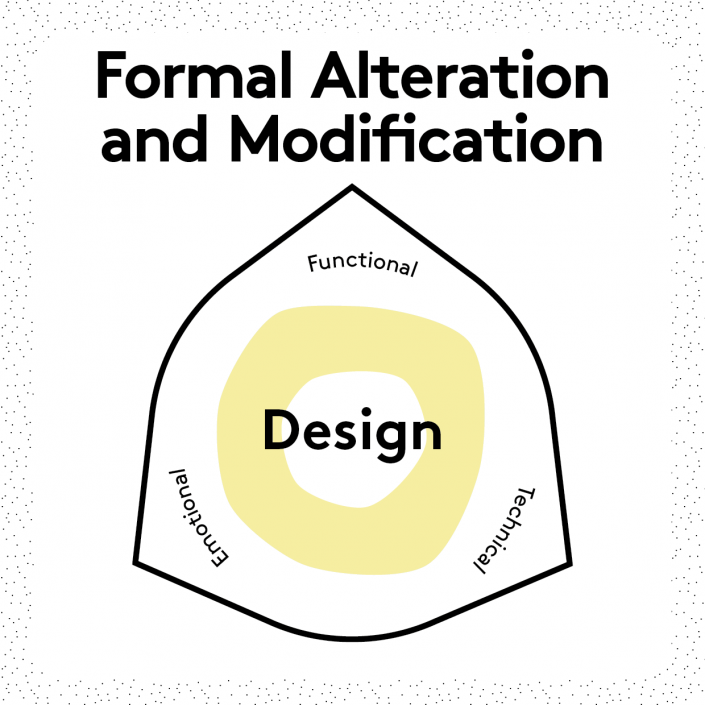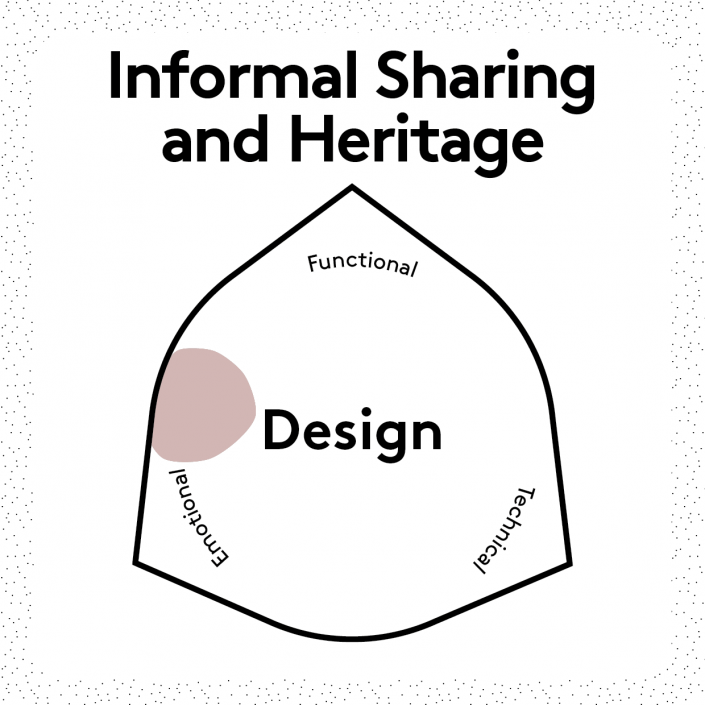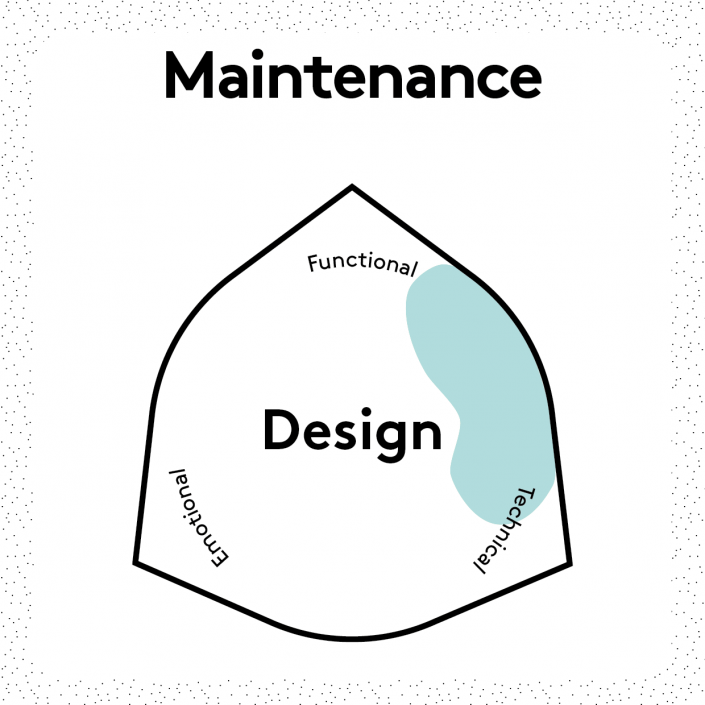What?
Re-use of products through rental services such as subscription services and leasing. Rental services as a concept is part of the sharing economy societal paradigm.
Why?
Rental service models can minimise ‘dormant assets’ (e.g. private vehicles or specialized equipment) and the use of resources. They can also make certain products accessible to a wider public.
Challenges
- Products should be designed for extensive use, which can be a design challenge.
- Users may not want to pay for used products.
Examples
- Husqvarna proposes rental services for its tools in collaboration with local dealers.
- Leasing of rapidly outsized or high end products, such as Vigga’s baby cloths (now part of Circos) or Mud Jeans‘ organic and recycled jeans.
- Kwipped or Floow2 are B2B platforms where professionals can rent costly or specialized equipment.
- Elis offers rental and laundry services for textile products.
Further Reading
Botsman & Rodgers (2010). What’s Mine Is Yours: The Rise of Collaborative Consumption. Harpercollins.
de Pádua Pieroni et al. (2018). Enabling Circular Strategies with Different Types of Product/Service-Systems. Procedia CIRP, 73, 179-184.
Petersen & Riisberg (2017). Cultivating User-ship? Developing a Circular System for the Acquisition and Use of Baby Clothing. Fashion Practice, 9(2), 214-234.
Vezzoli et al. (2017). Product-Service System Design for Sustainability, Part 1.2: PSS Innovation and Sustainability. Greenleaf.









